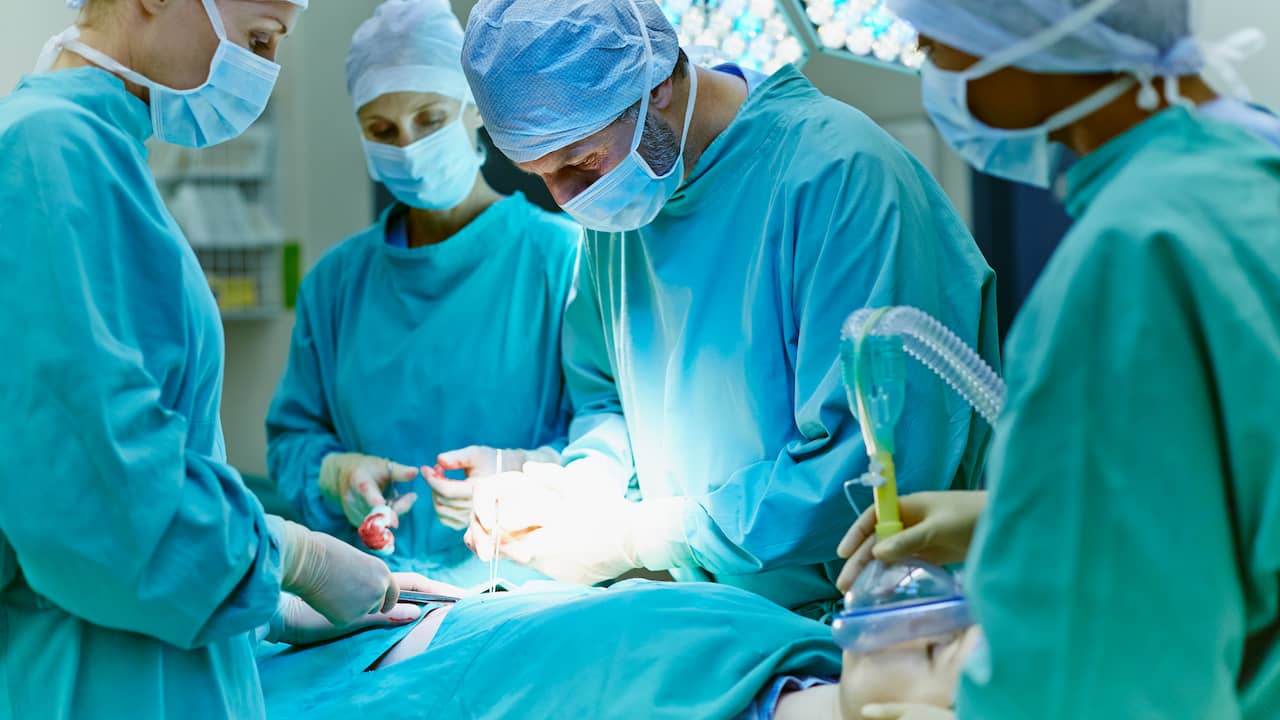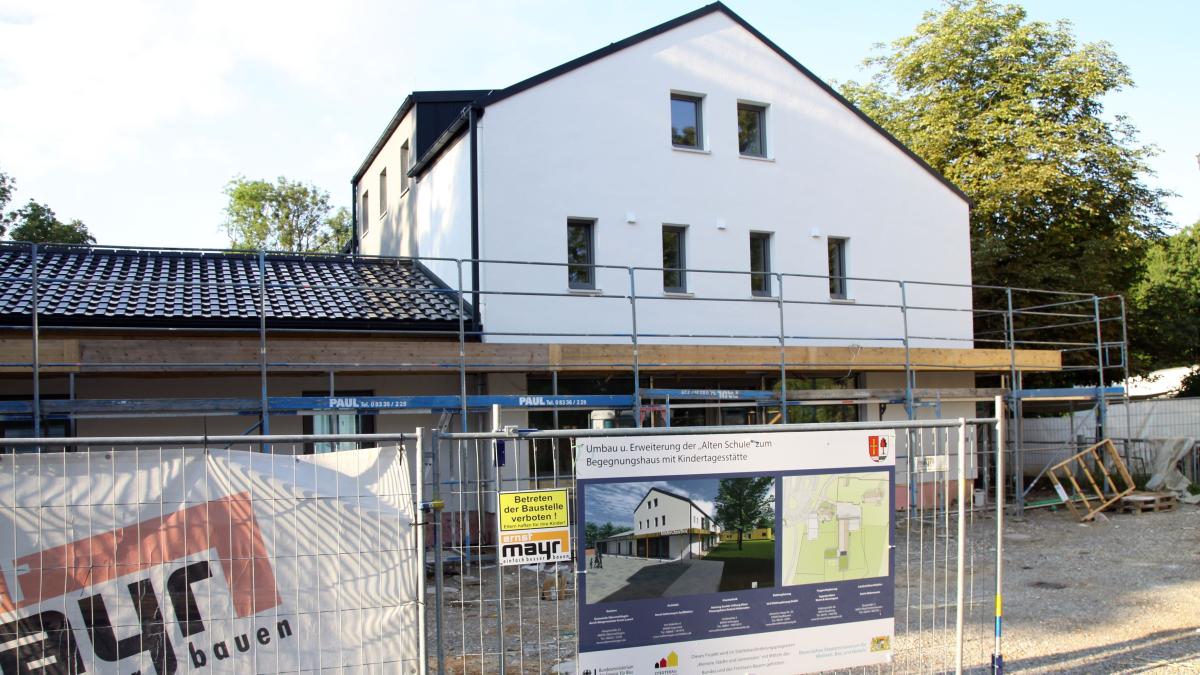Several hospitals threaten to run into financial problems this year because the purchase of energy and food, among other things, has become more expensive. The situation may prevent hospitals from making certain necessary investments.
It is not only energy prices (+43.8%) that are skyrocketing. Hospitals also spent considerably more money this year on services and products, such as office supplies, transport and food. As it turns out Monday from a research van Intrakoop, the purchasing organization for healthcare, and the Dutch Association of Hospitals (NVZ).
68 hospitals participated in the study, about two thirds of the total. The price increases have to do with, among other things, the war in Ukraine, which ensures that less energy and raw materials are supplied from Russia, among others.
All in all, hospitals will have an average of 5.8 percent more purchasing costs this year, while under current agreements with health insurers they will only be compensated 1.83 percent for price increases. As a result, there is a risk of a gap of almost 300 million euros this year, calculated Intrakoop and the NVZ. The hospitals have to cough up that amount themselves.
Costs may increase further after this year
In addition, the researchers point out that various contracts with suppliers will expire later this year and that new price increases cannot be ruled out. The costs are also expected to rise further after this year.
Ruud Plu, director of Intrakoop, foresees difficult times for its members. “Hospitals are losing almost all the space that is still available for necessary investments in, for example, ICT and sustainability due to cost increases. This makes it difficult for them to be and remain future-proof.”
He says the margins at most hospitals are very small. “It is important that the government, health insurers and hospitals jointly investigate how care can be compensated without having to cut back on quality or supply.”
Investments are in jeopardy
The NVZ is concerned about the situation, a spokesperson said. The hospital umbrella also fears that investments in the field of personnel, data exchange, sustainability and ICT will be jeopardized. The expected shortages are discussed at several tables, but the NVZ cannot anticipate the outcome.
Last year (general) hospitals in the Netherlands had 8.4 billion euros in purchasing costs for services and goods. By far the largest part related to direct patient care, such as medicines (4.8 billion euros), followed by general costs and costs for hiring freelancers and flexible staff.
–


